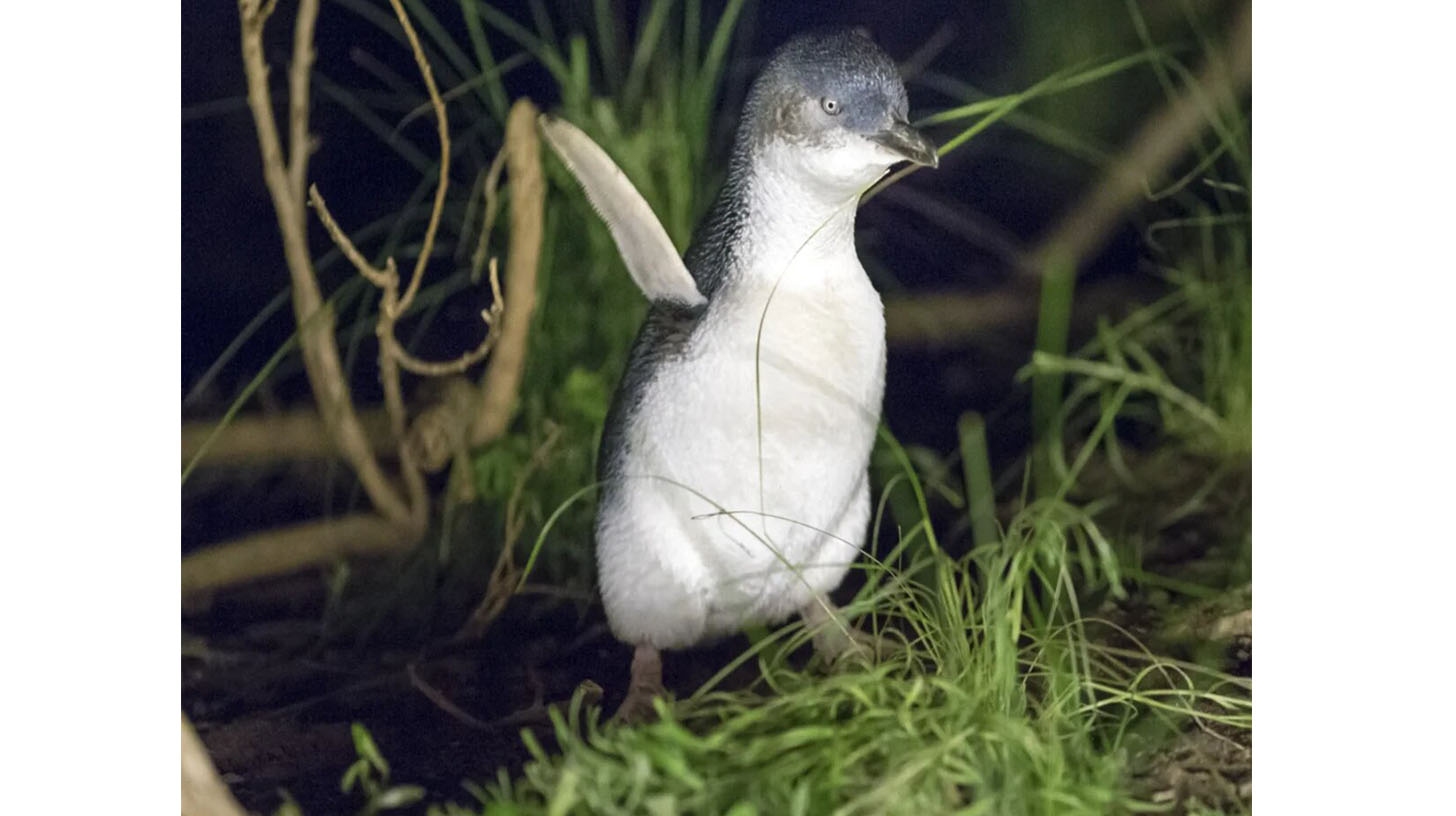Tourism is a field that is attractive to many people. On the one hand, even a person with no specialized education can work as a tourism manager on a Phillip Island day trip. On the other hand, many people are attracted by the opportunity to visit different countries at the employer’s expense.
Requirements for candidates for entry-level positions, such as tourism manager and assistant tourism manager, are not prohibitive: most often, they require higher education, computer skills, communication skills, and neat appearance. In an advantageous position are applicants with an understanding of foreign tongues and candidates who have mastered the programs for searching and booking tours. The ability to work with large amounts of information, psychology, and good memory will not be excessive.
But, despite the low requirements for applicants, getting a job in this industry is not so easy. It should be borne in mind that the tourism industry is valued not so much education as experience and work experience. It is simply not profitable to hire novice specialists, even if they have specialized education: such a worker will spend more than six months just to learn the basics of the profession, all this time not bringing the company a tangible profit, and then, having gained experience, can go to competitors.
At the start of your career, you can look for assistant manager jobs in travel. An assistant manager takes phone calls and communicates with clients. Since the job is seasonal, it is better to do it before the beginning of the season, when employers request more.
Where do the steps of the career ladder lead?
As for career advancement, it can take place in several directions. Beginning work in a travel agency as an assistant manager or supervisor, a specialist can eventually, having gained experience, having built up a client base, and having proved himself, become a leading manager or a senior manager. The promotion’s consequence will be salary growth; the ground will bring a substantial percentage; in addition, new career opportunities will open before the specialist. The minimum period required for this step is one year of work.

A leading manager can become a branch manager and then a director. However, you should not overestimate the prospects, as there are not as many supervisors and directors needed as there are managers. However, neither should you underestimate it. In the travel business, almost all managers started their way from low-paid starting positions.
Inherently, the larger the group, the higher the chances of making a career. Another direction of development is to go to work for a major tour operator. In this case, the accumulated client base can safely leave the former colleagues or prepare to conduct independent activities along with a new job. The duties of managers in travel agencies and tour operators differ significantly.
In a travel agency, managers bring clients and deal with the registration of vouchers. The work of a tour operator can be different – from visa processing to interaction with travel agencies. This is organizational work, which is often associated with large amounts of information. The pay here is usually fixed.
There are two other options for development. This is opening your agency and working as an independent travel agent. In both cases, an established client base will be invaluable in helping you start your own business and organize the Phillip Island Tour.
The payment of a specialist operating in the tourism industry increases with the growth of the professional level. To grow professionally, you must learn foreign languages, study tourist destinations, improve your communication skills with clients, and gain experience and a client base.


